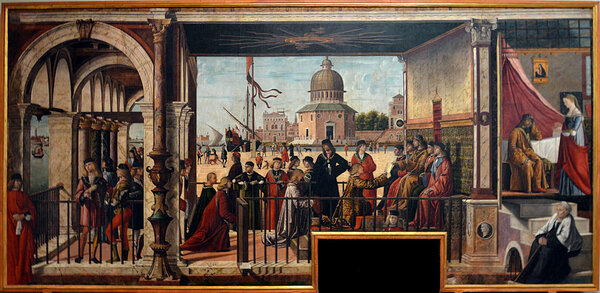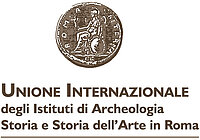DIPLURBAINE. Urban diplomacy 12th to 16th centuries: recruitment, costs and management techniques for international relations (Latin Europe, Muslim and Byzantine worlds)
- Section: Middle Ages
- Directors: Paolo Cammarosano, former professor and dean of the Faculty of Letters and Philosophy at the University of Trieste; Patrick Gilli, professor, University Paul-Valéry Montpellier 3, director of EA 4583 CEMM (Centre for Medieval studies, Montpellier); Armand Jamme, Director of research at the CNRS (UMR 5648 – Lyon)
Presentation
The rise of Western cities, organized into municipalities with regalia, privileges or franchises, based on a panoply of techniques, tools and new practices of government, saw them turn into political laboratories: thanks to this, major innovations occured in Europe, often through a process of evolution (direct taxation, selection of governors by election, etc.). What reasons, objectives and even legitimacy did these cities have for carrying out diplomatic acts, an essential field, otherwise reserved for sovereignty? The answers have yet to be found. But around the Mediterranean basin, other cultures, economic, religious and political development occured during the twelfth-sixteenth centuries, in cities which, through their developments, followed the evolution of European cities. Th objective of this programme is to measure the singularities of the urban diplomatic scene in all these areas, adopting a comparative approach that goes beyond the overly strict borders of the Middle Ages to encompass the beginning of the modern era, classically defined in Europe by its adoption of a new diplomacic model, marked among other things by the birth of permanent embassies.
These questions have never been approached in a systematic and comparative way, as the recent renewed interest in the history of international relations has had little to do with the urban world: the status and the cost of diplomatic representation were essentially studied through the embassies of princes and states. This programme aims to be innovative with its urban focus, but also through its geocultural scope, a focus that is not without risk, given the dissymmetry of the research and researchers for Europe and the East, Christians and Muslims.
Key words
Cities; diplomacy; ambassador; representation; negotiation; conflict; trade; powers; royalty; Byzantium; Turks
Calendar
Five themes of study have and will be successively started:
- Norms and statutes of urban negotiation (Montpellier – 17-18 nov. 2017)
The first meeting, organized by the CEMM, focused on the development of embassy law. The status of diplomacy and ambassadors had been approached essentially "from above", that is to say from demonstrations of princely powers; no wide-ranging research has addressed how cities managed their external relations. For this first step, therefore, the development of norms defining the legal status, faculties and powers of the representatives should be considered as much as the teaching of literature that questions the fact of representation. This must be looked at in relation to the multiple institutional and associative elements of medieval cities, as well as the internal tensions and inter-party rivalries, which greatly complicated the historical understanding of the rights of the diplomatic service.
- Logistics and aims of city diplomacy (Avignon – 8-9 nov. 2018)
The second meeting, organized by CIHAM, focused on the organization of urban negotiations. It looked at the study of documents concerning diplomatic practice, describing the complexities of the appointment of city representatives, which sometimes followed elaborate decision-making processes involving multiple councils. The opening of the urban archives that were supposed to prove the legitimacy of the demands, the production of instructions given to the speakers, letters of credential and conduit, as much as the written and oral reports that these representatives proposed to their constituents and in which they expounded with varying degrees of elegancy, the doubts and results of the mission they had agreed to fulfil, were central to the investigations. The political objectives of the cities were also considered, but as a backdrop, not as the driving force behind these practices. The conference therefore highlighted the individual cases, based on unique documentary records, highlighting issues relating to the nomination, the argumentative weapons of the ambassadors and an account of the results of their diplomatic actions.
-
Time and cost of urban diplomacy (Trieste)
- Urban Diplomatic Networks
The culmination of city diplomacy? The time of the urban leagues








